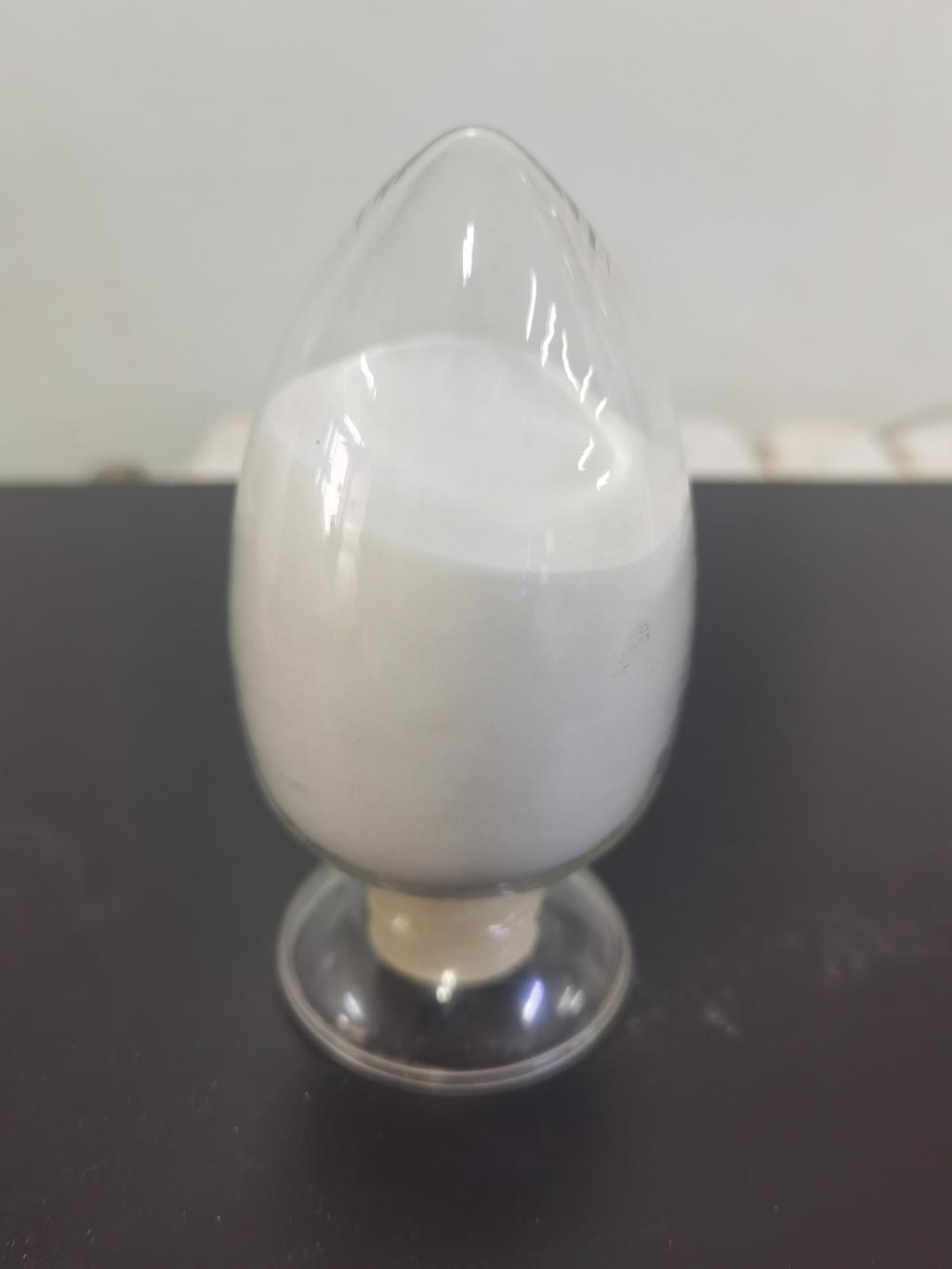Tel:+8618231198596

News
 CONTACT
CONTACT
 CONTACT
CONTACT
- Linkman:Linda Yao
- Tel: +8618231198596
- Email:linda.yao@dcpharma.cn
- Linkman:CHARLES.WANG
- Department:Overseas
- Tel: 0086 0311-85537378 0086 0311-85539701
News
Role of ε-Polylysine hydrochloride in reducing the use of synthetic chemicals in agriculture
TIME:2024-09-03
Understanding ε-Polylysine Hydrochloride
ε-Polylysine (ε-PL) is a naturally occurring biopolymer composed of lysine units linked by ε-(γ-lysyl) bonds. It is produced through microbial fermentation and has been recognized for its broad-spectrum antimicrobial activity against various bacteria, yeasts, and molds. The hydrochloride form of ε-PL is highly soluble in water, making it suitable for a range of applications, including agricultural use.
Current Challenges with Synthetic Chemicals in Agriculture
Synthetic chemicals, while effective in controlling pests and diseases, pose several challenges:
Environmental Impact: Pesticides and fungicides can contaminate soil and water resources, leading to biodiversity loss and ecological imbalances.
Human Health Risks: Exposure to synthetic chemicals can result in acute and chronic health effects, including respiratory issues, neurological damage, and cancer.
Resistance Development: Overuse of synthetic chemicals can lead to the development of resistant strains of pests and pathogens, reducing the efficacy of these treatments over time.
Consumer Concerns: There is a growing consumer demand for foods that are produced with minimal chemical inputs, driving a shift towards organic and sustainable farming practices.
The Potential of ε-Polylysine Hydrochloride in Agriculture
ε-Polylysine hydrochloride offers several advantages over synthetic chemicals, making it a viable alternative in agriculture:
Natural and Sustainable: Being derived from natural sources, ε-PL aligns with the principles of sustainable agriculture. It decomposes naturally in the environment, minimizing residual impacts.
Broad-Spectrum Activity: ε-PL has demonstrated effectiveness against a wide range of plant pathogens, including fungi and bacteria, which can cause crop diseases. This broad-spectrum activity makes it a valuable tool in integrated pest management (IPM) programs.
Low Risk of Resistance: Due to its unique mechanism of action, which involves disrupting cell membranes, ε-PL has a low risk of inducing resistance in target organisms. This reduces the likelihood of pathogens developing resistance, ensuring long-term effectiveness.
Compatibility with Organic Farming: ε-PL can be used in organic farming systems, where the use of synthetic chemicals is restricted. Its natural origin and safety profile make it an attractive option for organic growers looking to control plant diseases without compromising sustainability standards.
Applications in Agricultural Practices
ε-Polylysine hydrochloride can be utilized in various agricultural applications to reduce the reliance on synthetic chemicals:
Seed Treatments: ε-PL can be applied as a seed coating to protect against fungal infections during germination and early growth stages. This helps establish healthy plants and reduces the need for subsequent chemical treatments.
Soil Applications: ε-PL can be incorporated into the soil to suppress soil-borne pathogens that cause root and stem diseases. This application is particularly useful in high-value crops where soil health is critical for productivity.
Foliar Sprays: ε-PL can be formulated into foliar sprays to control foliar diseases. Regular applications can prevent the onset of diseases and reduce the frequency of synthetic fungicide use.
Post-Harvest Treatments: After harvest, ε-PL can be used to treat fruits and vegetables to prevent post-harvest decay. This extends the shelf life of produce and reduces food waste.
Challenges and Future Directions
While ε-Polylysine hydrochloride holds significant promise, there are challenges to its widespread adoption in agriculture:
Efficacy in Field Conditions: Ensuring that ε-PL remains effective under variable field conditions, such as fluctuating temperatures and humidity levels, is crucial. Further research is needed to optimize application methods and concentrations.
Cost-Effectiveness: The cost of producing and applying ε-PL must be competitive with conventional synthetic chemicals to encourage widespread adoption. Economies of scale and advancements in fermentation technology can help reduce costs.
Regulatory Approval: Obtaining regulatory approval for new agricultural uses of ε-PL may involve extensive testing and documentation. Collaboration between researchers, industry stakeholders, and regulatory agencies can facilitate this process.
Consumer Education: Educating consumers about the benefits of ε-PL in agriculture can help build support and demand for products produced using this natural preservative.
Conclusion
The role of ε-Polylysine hydrochloride in reducing the use of synthetic chemicals in agriculture is significant. By offering a natural, sustainable, and effective alternative, ε-PL can help farmers transition towards more environmentally friendly practices. As research continues to explore its potential and optimize its application, ε-PL is poised to become an integral part of sustainable agriculture, contributing to healthier ecosystems and safer food production.
- Tel:+8618231198596
- Whatsapp:18231198596
- Chat With Skype







